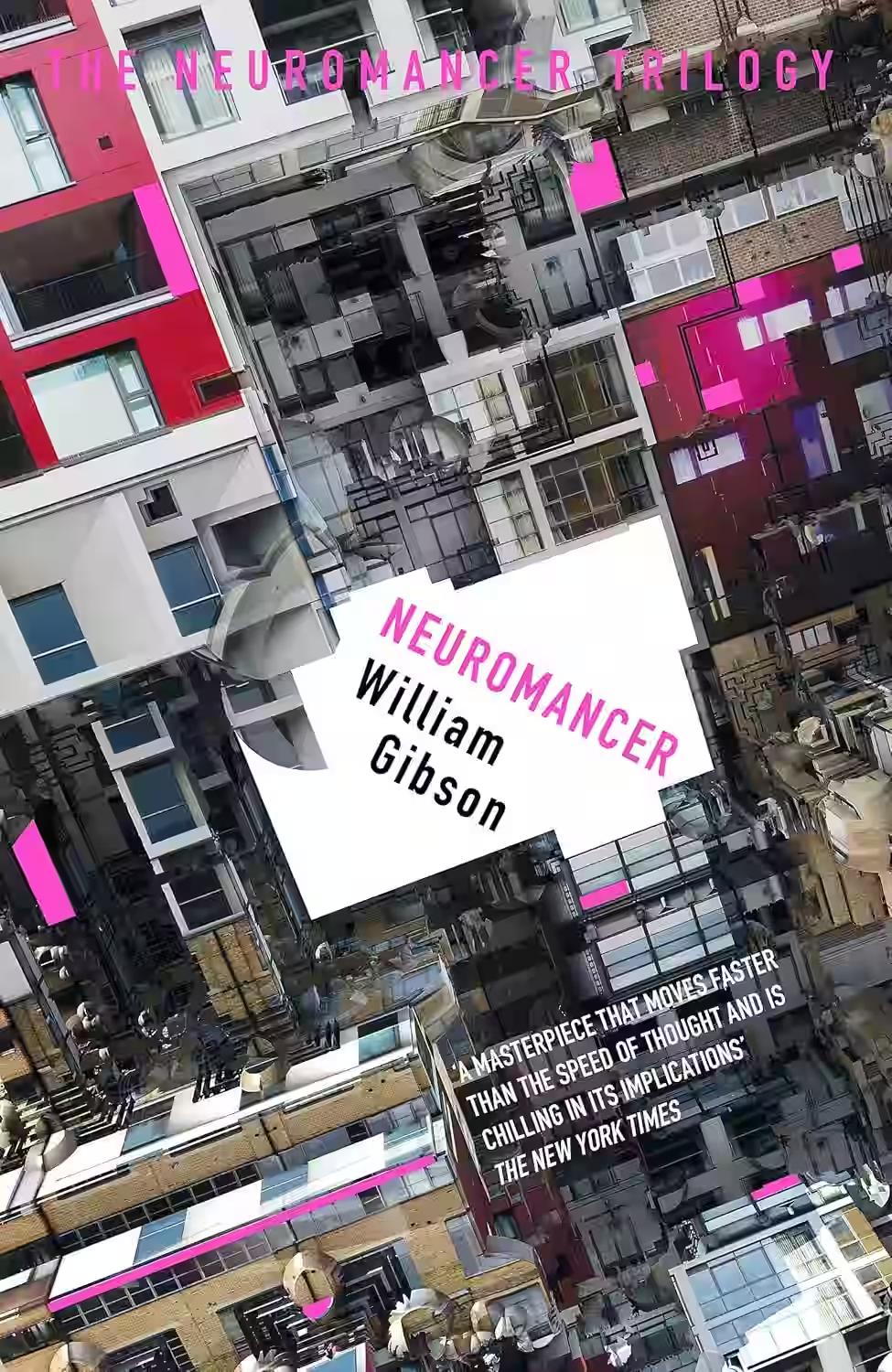William Gibson
William Gibson, born on March 17, 1948, is a pioneering science fiction writer known for coining the term 'cyberspace' and the cyberpunk subgenre. Hailing from Conway, South Carolina, Gibson's dystopian visions of the future in works like 'Neuromancer' (1984) and 'Virtual Light' (1993) have had a profound influence on literature and popular culture. Considered a prophet of the digital age, he explores themes of technology, globalization, and societal decay with gritty realism and visionary insight. Gibson's writing style, blending noir elements with high-tech environments, has earned him critical acclaim and a loyal following among fans of speculative fiction.

In William Gibson's 'Neuromancer,' readers are thrust into a dystopian future where cybernetic enhancements and virtual reality reign supreme. The story follows Case, a washed-up computer hacker, who is given a chance at redemption by a mysterious employer. As Case delves deeper into the virtual world, he uncovers a complex web of deceit and power struggles that blur the lines between reality and illusion. Exploring themes of artificial intelligence, corporate greed, and the nature of humanity, 'Neuromancer' is a groundbreaking work of science fiction that set the standard for cyberpunk literature. Gibson's gritty prose and visionary ideas make this a must-read for fans of the genre.